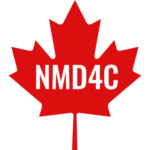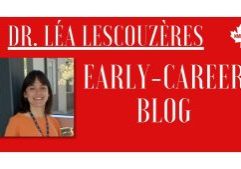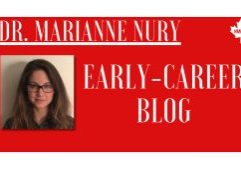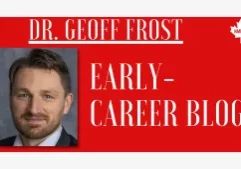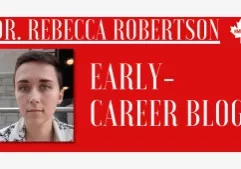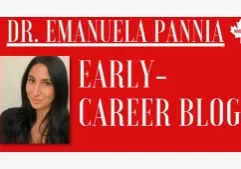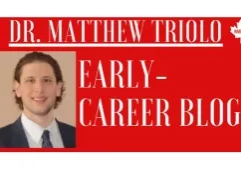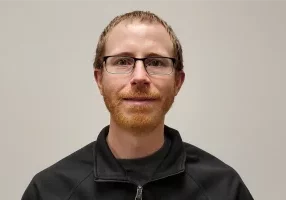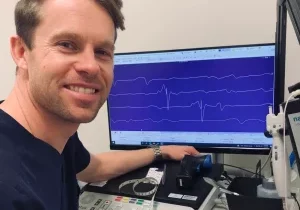Dr. Martine Tetreault’s Blog
About Dr. Tetreault
Dr. Tetreault is an Assistant professor in the department of Neuroscience at Université de Montreal and a researcher at the CRCHUM since January 2018. She completed her graduate studies in Molecular Biology at Université de Montreal under the supervision of Dr Bernard Brais (CIHR bursary). Her research was focusing on genetic characterization of neurological diseases in the French-Canadian population. Martine has then pursued her training as a post-doctoral fellow in the Human Genetic program at McGill University under the supervision of Dr Jacek Majewski (CIHR fellowship), where she has broadened her expertise of genetic studies by developing bio-informatics skills. Martine was performing the exome and whole genome sequencing analysis as part of the Care for Rare consortium led by Dr Kym Boycott in Ottawa. During this time, she has also put in place collaborations with neurologists and pathologists in order to use RNA-sequencing to find genetic causes of unresolved myopathy patients. As an independent researcher, Dr Tetreault is aiming at combining multiple omic approaches to study the genetic etiology of neuromuscular and neurodegenerative diseases. As a young investigator, Dr Tetreault has been very productive with more than 50 publication, some of which in high impact journals such as Nature, Brain and American Journal of Human Genetics. She has received funding from the Fondation Courtois, National Ataxia Foundation, Fondation du Grand Defi Pierre Lavoie and Network of Centres of Excellence in Neurodegeneration. She has also received a FRQS Junior 1 salary award.
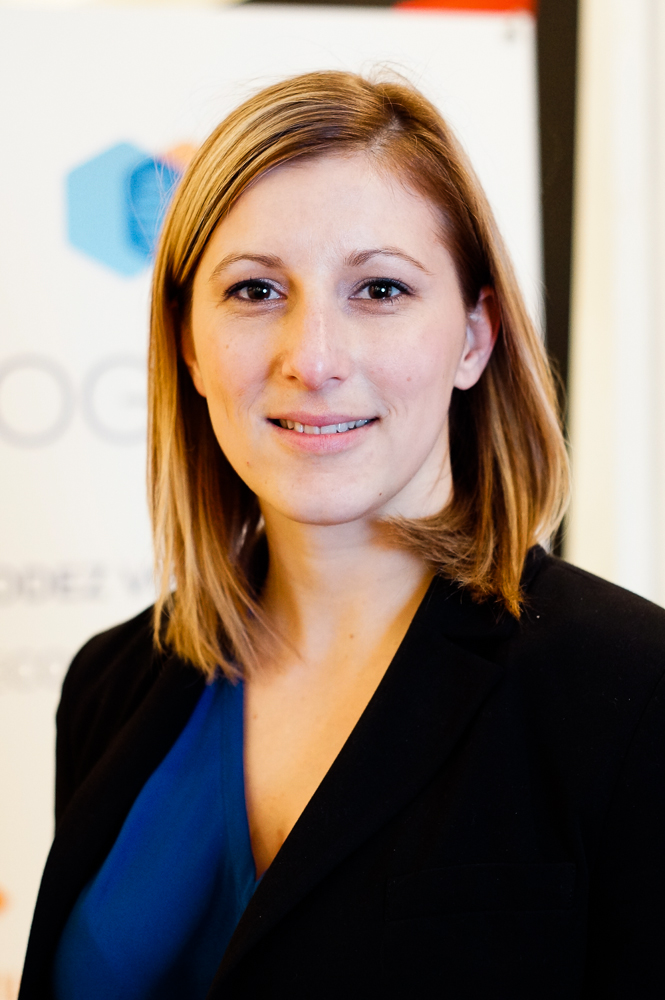
Dr. Tetreault's blog
As I write this blog, I remember starting my Master’s degree under the supervision of Dr. Bernard Brais and telling him I would never do a PhD. After two years as a research assistant, I decided to pursue a PhD and here I am today… My journey as a researcher started in January 2018 when my son was 10 months old. I knew the first 2-3 years would be very hard, juggling many new responsibilities such as setting up the lab, hiring staff and students, etc. I also had to deal with the reality of trying to meet grant submission deadlines while my little one had a fever, gastro or who knows what else. January 2020 marked the second anniversary of my lab. I’m proud of what I have accomplished during these first two years; I was able to develop a network of collaborators within and outside my institution, secure funding from several sources, grow my team considerably, and submit the first paper from my lab. If I took a snapshot of my lab at this moment, it’s pretty close to what I had envisioned. But, as I was slowly getting more comfortable in my new role as an independent researcher, COVID-19 happened…
Although it was an emotional and stressful situation, it was also an opportunity to learn. The first weeks were very difficult; I needed to adapt to the reality of managing a lab and my team remotely and at the same time entertain a 3-year-old who was used to having a very busy day at daycare. I had the feeling that I was just not getting anything done for the lab and at the same time not spending enough time with my son. The pandemic was also adding stress for the students who were anxious to have virtual classes and wondering about the impact of the lab shutdown on their projects. Even for the bioinformatic projects of the lab, although they can be done remotely, the absence of contact with peers resulted in lack of motivation. I needed to accept that at a personal level, I wouldn’t be able to achieve everything I wanted to and realized that my entire team was affected by the shutdown in different ways. We quickly set up a virtual environment (thanks to my students) so the team could meet and discuss their projects, results, or just life. I made sure to check on them, listen to their anxiety, and find solutions to help them cope with the situation. What could have usually been settled in a 5-minute hall conversation now requires a planned Zoom call. Being organized and adaptable has been key to making the best of this situation. After 6 months of almost entirely remote work, I think my team is doing great and we are building momentum again.
Since I started my lab and especially during this pandemic, I have always felt supported by my colleagues. I have the privilege to be around successful researchers. I’m also extremely proud to be in a research institute where female scientists account for an important part of the research community, where I can find amazing role models and mentors. If I have a message for graduate students it would be: It is OK if you don’t know what you want to do after your undergrad or graduate studies; not everyone’s path is a straight line. To the early career scientists, set up goals you want to achieve but make sure to be adaptable; you never know what may come. Also, find good mentors who you can look up to.
